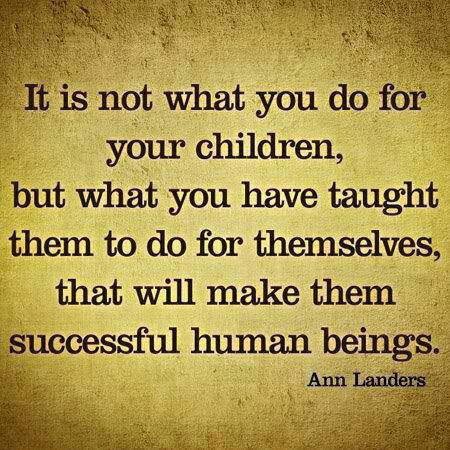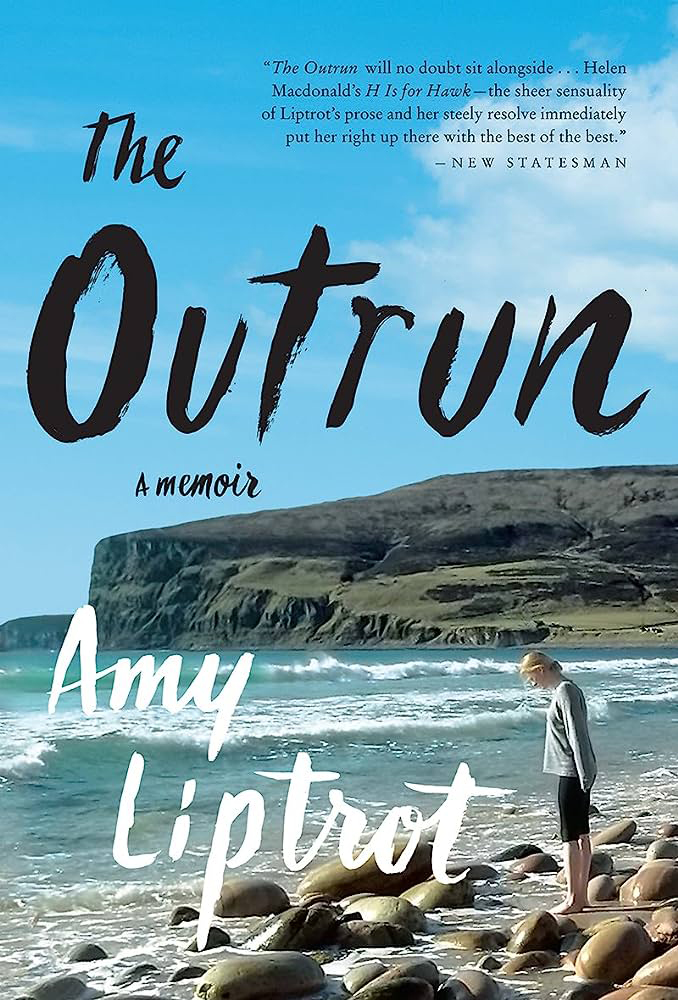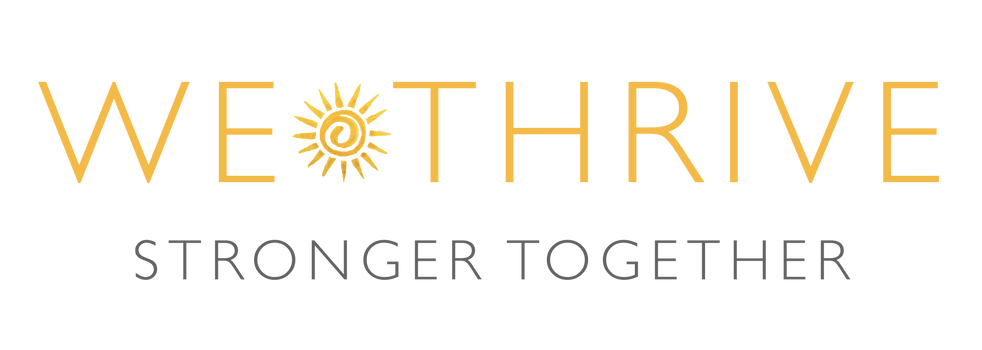Communicating with our children in Recovery
Thank you Lies for your great talk on this subject last month! As we were reminded, the biggest challenge can be the time after our children leave inpatient care (if they have done this) but this also applies to families who have children trying to recover through other routes too.
Coming back into real life and more specially family life can feel really daunting, not only for our children, but definitely for us as parents too. We are so filled with hope but also apprehension about this tenuous time ahead together. Many of us have talked about how we felt a sense of relief when our children were admitted into inpatient treatment as it gave us much-needed space and also the knowledge that our children were in experienced hands. We felt emotionally shattered by the very challenging and heartbreaking experience of our child struggling so much. As parents we were also desperate for some way to recover ourselves. Then comes the time when they are coming home and this was also the time that we felt most vulnerable as parents – how to handle it all, how to approach it right, everyone treading on egg shells. This is a time when we as parents need as much support as our children and was one of the key reasons that We Thrive came about.
We can feel so ill-equipped at this time, so ignorant, helpless and this can cause a myriad difficulties in relationships and communication. It seems that training and education is required for every aspect of life other than parenting which is at once the most natural and instinctive of all human roles but is uniquely challenged when a child is unwell and is also societally challenged by the speed and pace of technological development, changes in family and cultural structures, breakdown of communities and the influence of social media.
Lies pinpointed a few key things to support us in our communication:
- Look out for overcompensation – becoming too emotionally available, too prone to giving advice, too hypervigilant. All these are natural responses to our fear and anxiety for our child but can also contribute to unhelpful behaviour and hinder their ability to take responsibility. When they sense our fear they think something IS really wrong. If, instead, they sense calm and trust, they can begin to believe that all is well, that they have ‘got this’, they are OK.
- In order to manage this, Lies suggested looking at how we tolerate our own uncertainty (the what ifs, the not knowing how/if they are OK, if they will be OK in the future), asking ourselves about what our fears are and our expectations, naming them because then we can recognize and acknowledge them and conversely begin to respond differently, to reframe our picture.
- Our children, just like anyone, want to be SEEN for who they are – without judgement. They will always challenge their parents the most, they will want you to be close but also push you away. The more we try to offer advice and find solutions, the more reactive they will become and the cycle becomes unhealthy and potentially destructive for both parent and child. We can learn to hear them and see them but to keep a warm remove – with the idea being that in the end they are the ones who have to find their way, that they have been given many tools, that they have had (and possibly are still having) some therapeutic intervention to draw on, that we are their parents and NOT their therapists. When we take ourself off the hook like this, taking away the responsibility of feeling that WE have to try to fix them, then we have a much more responsive, rather than reactive, relationship. They are their OWN person separate from us.
- Language is really important eg I love you AND I am angry is very different to I love you BUT I am angry.
- Be curious – it’s OK not to have any answers eg I notice you are gaming alot recently, have you noticed? I wonder what is going on, what you really need?
- Be able to sit with their suffering, to tolerate their suffering and not to try to take it away
- You can tell them that you feel like you are walking on eggshell around them and you can be honest with how it makes you feel (not afraid to share OUR feelings) – that it makes you feel eg angry, anxious and that as a result there are some boundaries that need to be worked out. Take time to establish these so that they are very clear and therefore less room for combative/argumentative interaction. Everyone feels safer and calmer. This goes back to Fintan O’Regan’s idea of the Non-Negotiables.
- Don’t be afraid to be more human and more vulnerable with your child. Bring them alongside you as a fellow human being.


A really beautiful, insightful memoir about a young woman who ‘tries to come to terms with the addiction that has swallowed the last decade of her life’. She retreats from London back to her childhood home on Orkney in the Shetland Isles and it is a powerful testament to the redemptive and healing powers of nature and the wild.
July Monthly Theme
This month’s theme as a topic to consider during our meetings is
Losing and Recovering Ourselves
– where do we feel we might have lost sight of ourselves, our dreams, our joy, our fulfillment, maybe our relationships? What steps are we taking to recover this?
July Talks
Jenny Langley – Wednesday 12 July @ 6.30pm
CARING FOR YOUNG PEOPLE WITH EATING DISORDERS
When Jenny’s eldest son recovered from anorexia over fifteen years ago she left her City job behind and has since focused her attention on raising awareness of mental health and emotional resilience of young people and has a special interest in prevention, early intervention and crisis management in the school environment.
Jenny has written two books, Boys Get Anorexia Too and The New Maudsley Training Manual and also supports families affected by eating disorders, teaching carers skills that can help to create a supportive environment within the family setting.
Miranda Marsh – Wednesday 26 July @ 6.30pm
MY EXPERIENCE OF RECOVERY FROM ADDICTION AND EATING DISORDER
Miranda is a recovery coach who will share with us her journey through addiction and eating disorders to recovery. She will give us insights into her experience of the family dynamic and what was helpful for her and her family.

